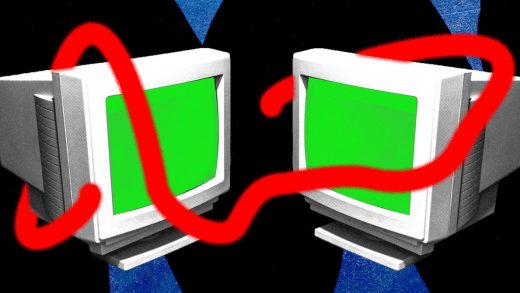
The Telecom Regulatory Authority of India (TRAI) will tackle the issue of call drops in the country, while helping the telecom sector grow with a level playing field, according to the regulator’s newly appointed Chairman. In order to tackle call drop issues facing mobile users in India, TRAI is considering the use of stringent regulation and implementation. The telecom regulator is also working towards improving the quality of services (QoS), allocating satcom spectrum, and implementing the Telecommunications Act, 2023 that was passed by Parliament last year.
In his first interaction with the media since he took over as TRAI Chairman on Tuesday, Anil Kumar Lahoti said (via ET Telecom) that the regulatory body’s most important priorities were to improve QoS in the country, and aid in the growth of the telecom sector. Lahoti’s predecessor, PD Vaghela, retired last September.
TRAI will focus on improving QoS for telecom subscribers, who have been complaining of dropped phone calls, and Lahoti says that more “stringent regulation and implementation” were necessary to resolve the issue. The chairman of the regulatory body also said the telecom and construction industries should work together to improve coverage inside buildings.
Now that the TRAI has a new Chairman, the regulator can focus on responsibilities that have been pending since the post was vacant for a four-month period. These include the allocation of spectrum for firms that are seeking to provide satellite connectivity in the country, including Reliance Jio, Starlink, Amazon’s Project Kuiper, and others.
Another task that the TRAI will have to tackle is the implementation of the Telecommunications Act that was passed last year. The new legislation replaces three older laws — the Indian Telegraph Act, 1885, the Indian Wireless Telegraphy Act, 1933, and the Telegraph Wires (Unlawful Possession) Act, 1950 — and contains provisions for more stringent punishments for violations of the Act, more flexible and transparent allocation and auction of spectrum, respectively.


